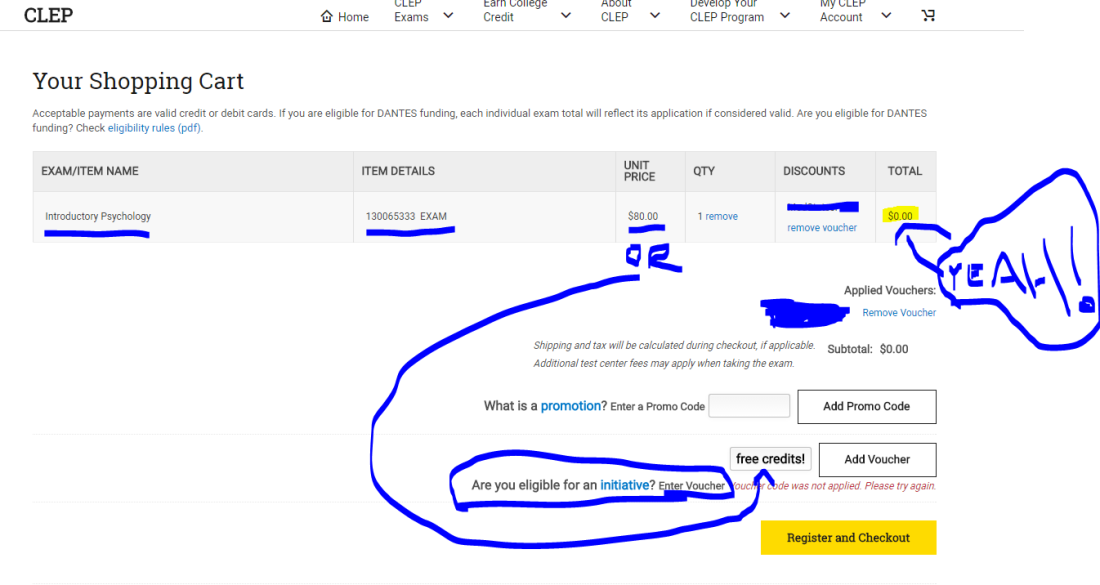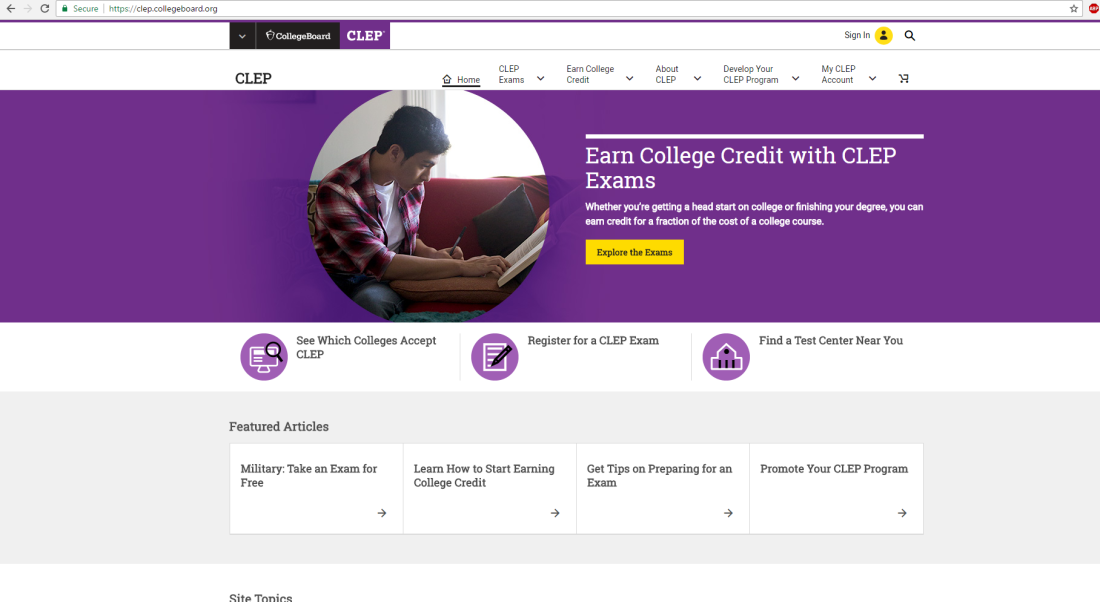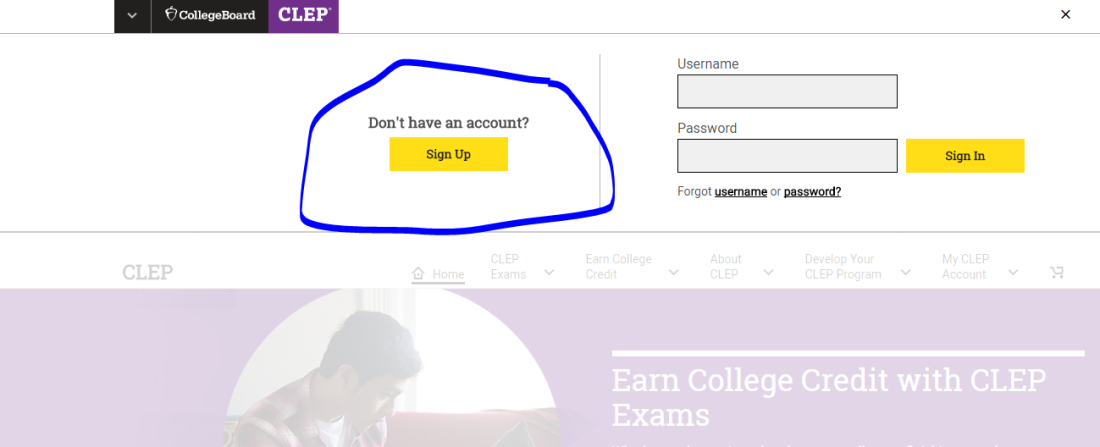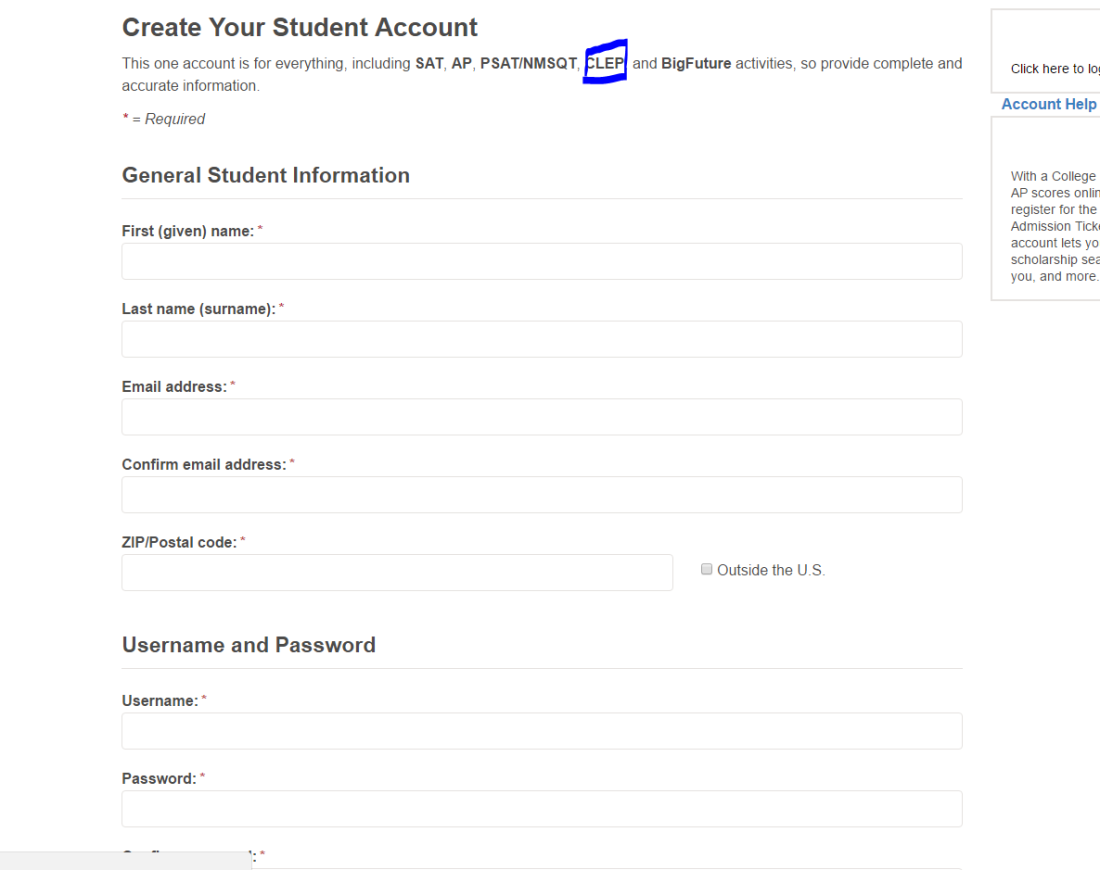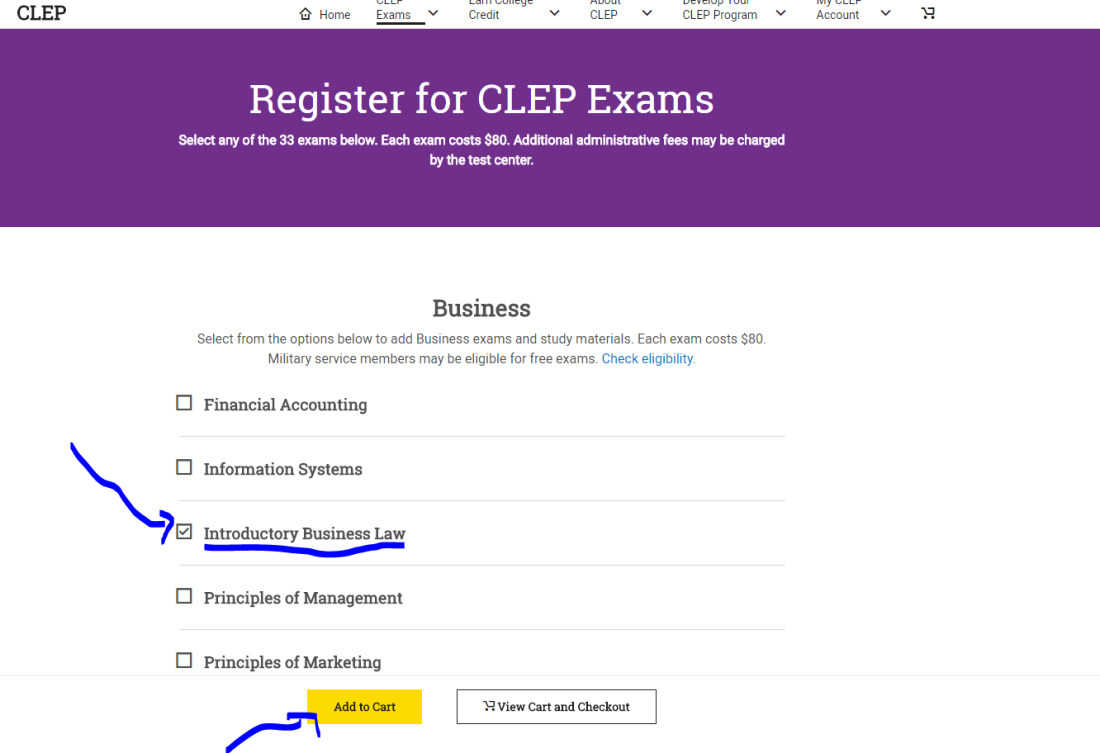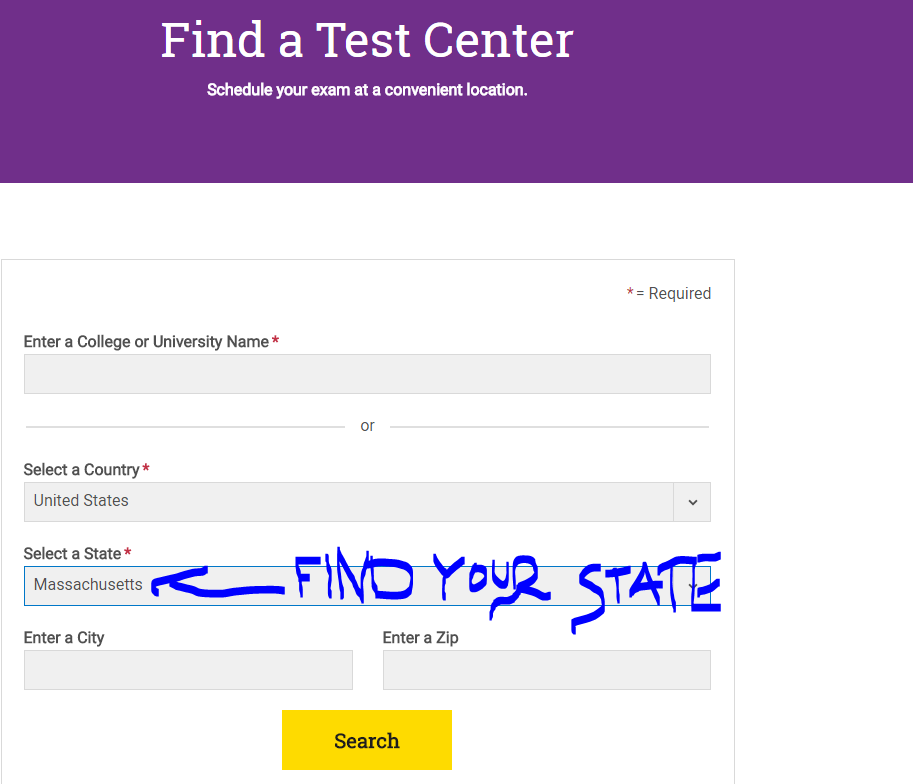Step 1: Think about why you want to go to college
Be pragmatic. College can cost a ton of money, so it shouldn’t be a haphazard
decision, doing whatever your friends, your parents, or the internet says you should
do.
There are several types of colleges – community college, in-state public college,
out-of-state public college, private, online, for-profit, non-profit etc. So how do
you actually choose which one is right for you?
This is where your goals for after college come in. What do you want to do and
how does college fit in?
So, think backwards and choose among the following for where you want to
graduate:
● In-state public college
● Out-of-state public college
● Online college
● Elite private college
● Other private college
Step 2: Think about your unique situation
Do you qualify for any scholarships, whether merit based or needs based?
Scholarships/financial aid can add up so take some time extensively researching.
Step 3: Think about the types of credit the college accepts
Instead of defaulting to taking all of your courses at your desired college, think
creatively. What types of transfer credits does the college accept? The most
common credit-granting options are other college courses (whether from a 4-year
school or community college), as well as AP exams. CLEP exams are a close
second. Less well known exams and credit options such as DSST, Straighterline,
and Study.com are also accepted by various colleges (including Excelsior).
By making a list of all degree requirements and all options to fulfill these
requirements, you can begin to understand how to take advantage of the college
policies and save the most money and time.
Step 4: Graduate debt-free!
If you research the type of college you would like to attend, your unique
opportunities for scholarships/financial aid, and college-specific transfer credit
policies, you will have a clear plan to graduate debt-free! Of course, be sure to
have an admissions counselor review your plan.
